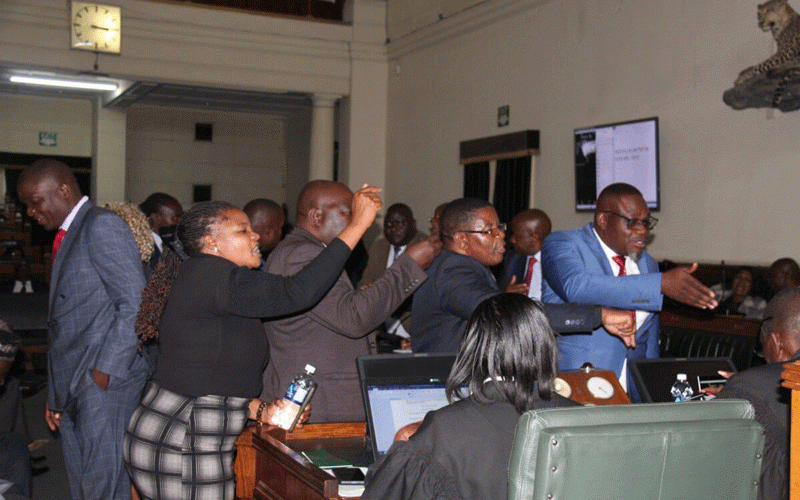
The election Resource Centre (ERC) has challenged Zimbabwe’s newly-elected Members of Parliament to push for electoral reforms which will hopefully ensure free, fair and credible polls in 2028 and beyond.
In a statement yesterday, ERC elections consultant Taona Mwanyisa said laws in Zimbabwe did not meet international and regional standards governing the conduct of elections.
He said in 2013, Zimbabwe ushered in a new Constitution, but despite holding two harmonised elections in 2013 and 2018, not much has been done to align the electoral laws to the Constitution.
“If nothing is done to reform the electoral framework, the country is most likely to go to the 2028 harmonised elections with a miscued electoral framework that does not allow for equal participation in electoral processes by its citizens, as witnessed in the 2023 harmonised elections,” he said.
Mwanyisa said while tension within the country and threats of violence remained high, the ushering in of a Parliament made up of mostly young legislators might help drive the electoral reform agenda.
“The events of the past harmonised elections have presented the newly-sworn in Members of Parliament with an opportunity to continue pushing for reforms that level the electoral playing field.
“The current political context offers real possibilities for deeper electoral reforms that can help consolidate democratic rule. The election has provided an opportunity to advance the democratic process in the country, but this can only happen if meaningful changes are made to the electoral landscape.
“The members of the 10th Parliament have an opportunity to legitimise their wins in future elections by ensuring a level playing field in the electoral architecture of the country,” he said.
- News in depth: Fears of violent 2023 polls grow as ED fails to deliver on promises
- Come back home, but we have no jobs: Mangwana
- SA must protect foreign nationals within its borders
- Malema apologises for Elvis Nyathi killing
Keep Reading
He urged the new parliamentarians to ensure that the electoral architecture governing the conduct of future elections allows for free and equal participation by all citizens.
“The focus on reform should now be on essential reforms that improve political representation, political legitimacy and political inclusion and this includes reviewing all legislation that has a bearing on the political and electoral environment and in turn on the electoral process and results thereof.
“One such important reform is to extend the franchise and the right to vote to all citizens of Zimbabwe, regardless of where they are domiciled in the world. This would be a prudent step towards electoral inclusion, and to this end, laws that allow for diaspora voting must be enacted,” he said.
Mwanyisa further pointed out that efforts should be directed at improving the role of the Zimbabwe Electoral Commission (Zec) in electoral processes.
“Laws must be enacted that compel Zec to follow set guidelines in delimiting electoral boundaries. The Electoral Act must be amended to strengthen the provisions on transparency and consultation in the delimitation process.
“The Zimbabwe Electoral Commission should be given the power to investigate allegations of electoral fraud and to act against those found to have committed fraud or other related electoral offences.
“This can be achieved by establishing an independent investigative unit to investigate allegations of electoral fraud or irregularities,” he added.
Follow us on Twitter @NewsDayZimbabwe











